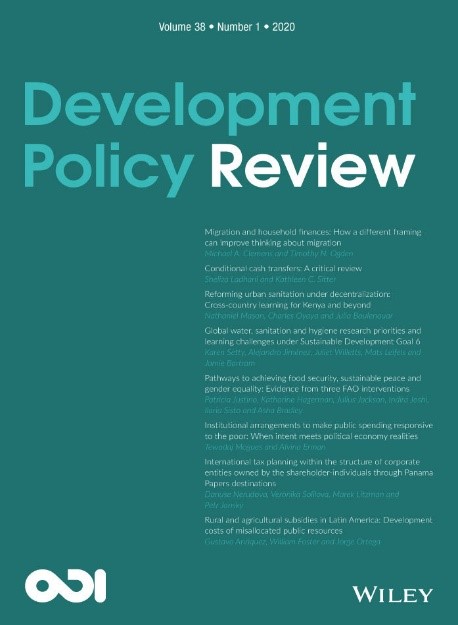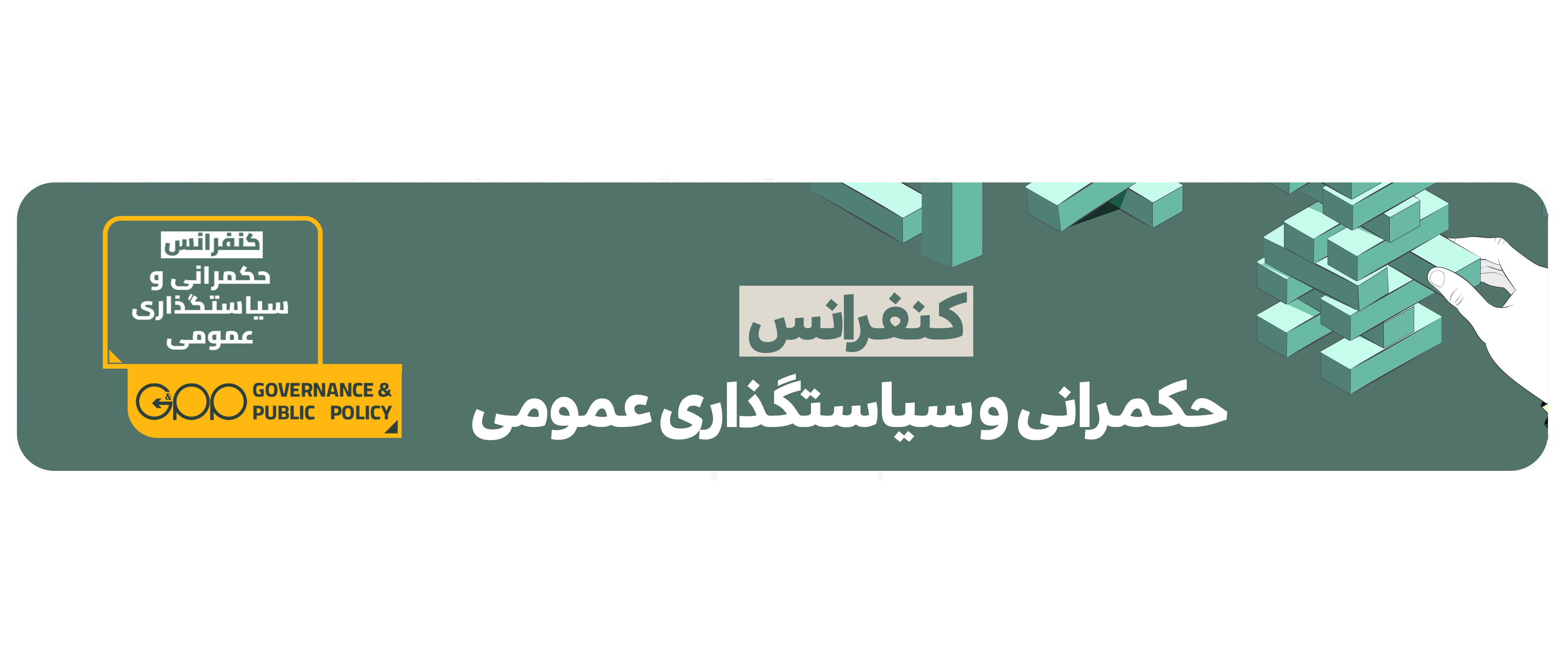چکیده
This study attempted to discover the cause of this paradox. Our research was conducted on two levels. The first level of analysis, based on National Innovation Systems studies, will show that the cause is rooted in two factors: 1. Iran's industrial policies have been almost unsuccessful in encouraging or pushing domestic firms to export or expose them to international competition. As a result, there are no meaningful incentives for them to approach technological frontiers by exploiting domestic science and technology infrastructures. 2. Although universities and research centers have played an important role in the catch‐up process of newly developed countries by stepping down from the Ivory Tower and solving the problems that face their societies, most Iranian universities and research centers have been transformed into article‐publishing machines. This study, then, at its second level of analysis, will show that the cause of the two above factors is rooted in two other important latent factors: the power of incumbents and their efforts to maintain the status quo, and the governance of a particular rule of game on actors in the fields of science and technology which has directed them to engage in ineffective behaviors. This study will discuss how these two latent factors cause isomorphism and hinder the emergence of new organizational forms, which is the main driver of innovation in societies.
.keywords: Innovation, Industrial policy, Ivory tower, Field theory, New organizational form
.keywords: Innovation, Industrial policy, Ivory tower, Field theory, New organizational form



 علی ملکی
علی ملکی




